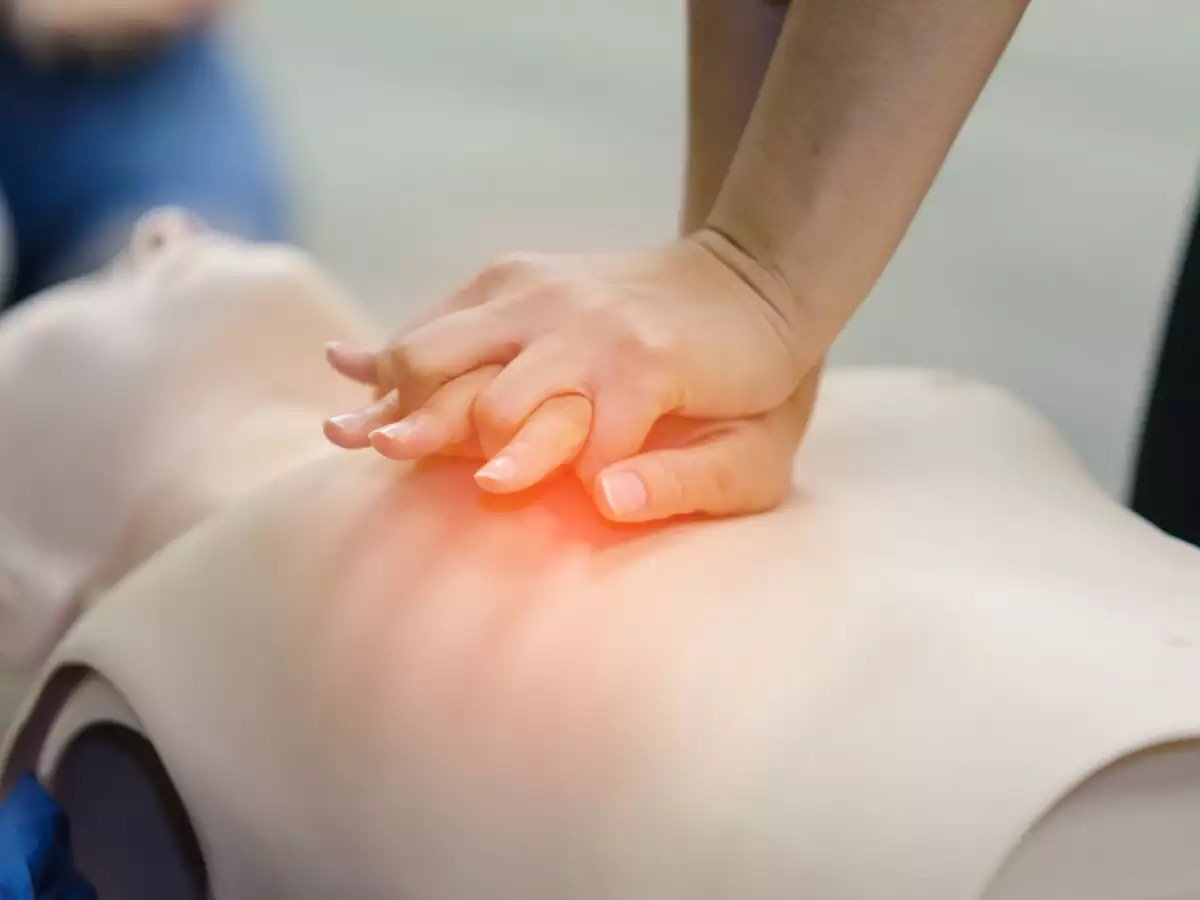- During cardiac arrest, also known as sudden cardiac death, the heart stops beating and a
person is unable to breathe. - Cardiopulmonary resuscitation, or CPR, is an emergency technique applied to supply
oxygen to the brain and other vital organs of a person whose heart has stopped pumping
on its own. - CPR involves repeated manual chest compressions alternated with breathing into a
person’s mouth. This mimics the heart’s natural pumping and keeps oxygenated blood
circulating to the brain and other vital organs. - CPR incorporates two primary therapies:
o Basic life support, often referred to as emergency CPR, which includes breathing and
chest compressions; and
o Advanced cardiac life support, which includes electric shock defibrillation, drugs,
artificial respiration and other medical interventions.

Project info
- Category: Treatment



